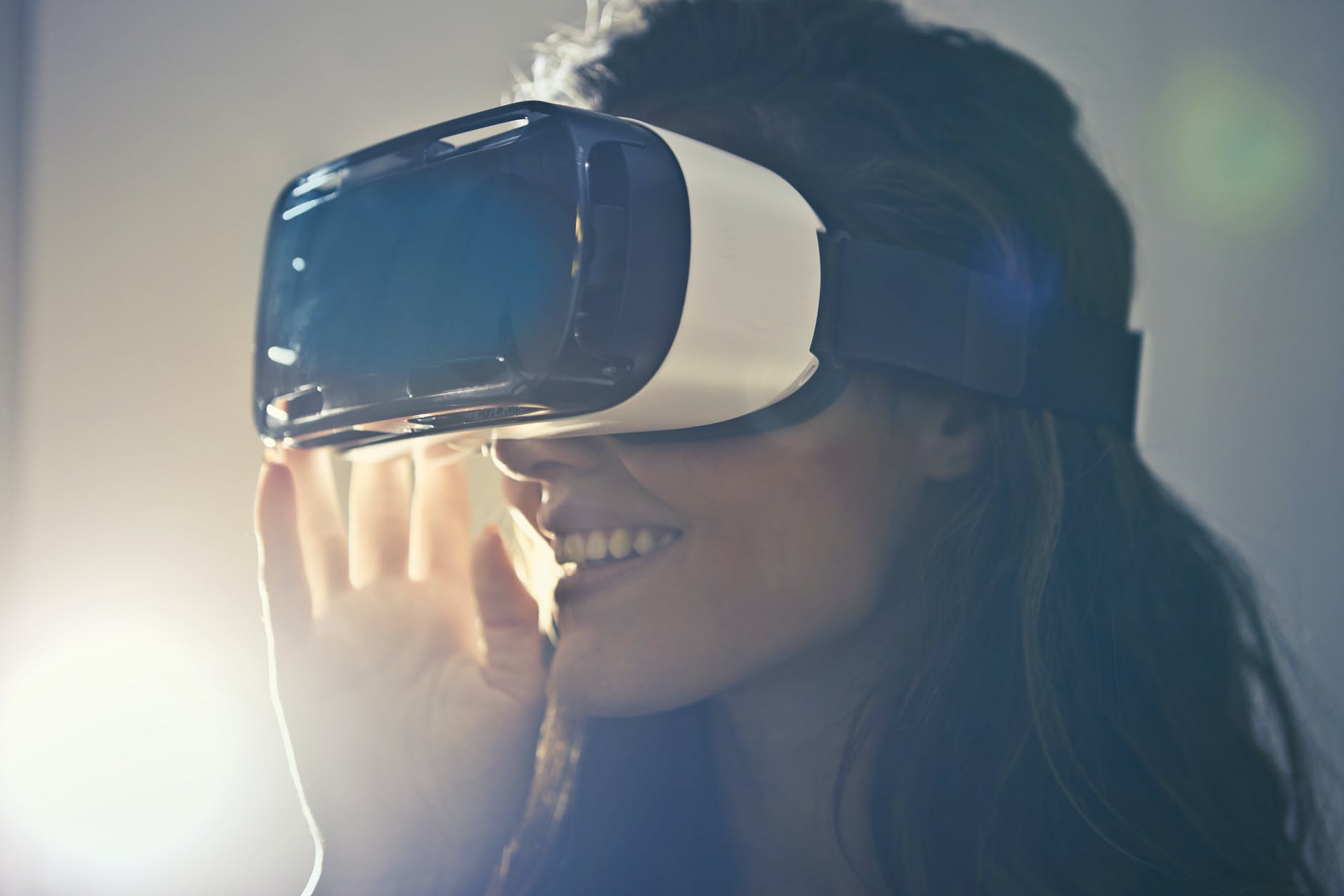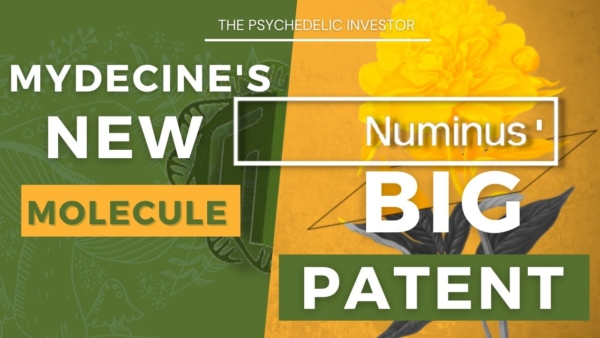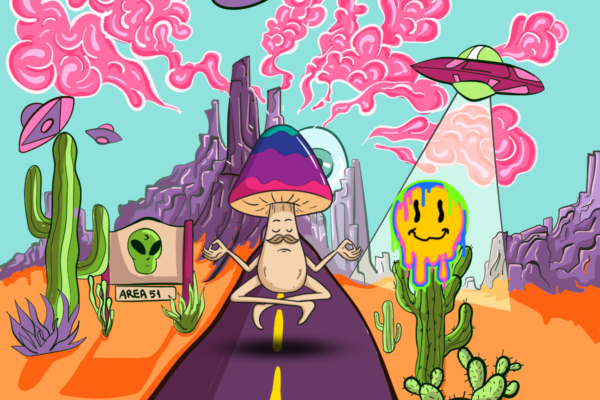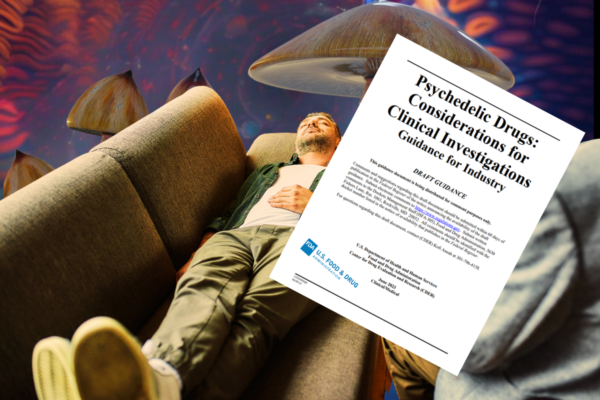
Psychedelic medicine meets virtual reality (VR), thanks to a new partnership between two companies in the psychedelic space.
Lobe Sciences, a life sciences company focused on psychedelic medicines, announced this week that it has entered into an agreement with Virtual Psychedelics to design, develop, and commercialize a new psychedelic/virtual experience pod. The Krysalis Pod will be designed to incorporate advanced display technology and bio-monitoring. The goal is to improve psychedelic therapy by optimizing set, setting, and the overall psychedelic experience for clinical and other uses.
Both psychedelics and VR are used in traditional therapies to alter sensory experience and evoke awe in order to treat a variety of mood disorders. “Their shared capacity to transiently alter perspective and disrupt rigid patterns of mental experience may underly their analogous and transdiagnostic therapeutic uses,” researchers opined in a 2020 study published in Therapeutic Advances in Psychopharmacology. “We propose that VR may be a useful tool for preparing hallucinogen-naïve participants in clinical trials for the sensor distortions experienced in psychedelic states.”
The Krysalis Pod will be a headset-free, virtual experience that uses multi-sensory stimulation to create an application that can offer treatment options for cognitive, psychological, motor, and functional impairments across a wide range of clinical health conditions.
“The Krysalis Pod is being designed as a therapeutic system capable of delivering an easy, immersive media experience, while simultaneously collecting critical biometric data in a safe and monitored environment,” said Philip Young, CEO and director of Lobe. “We believe this technology will be able to assist those suffering from depression, PTSD and other mental health issues.”





